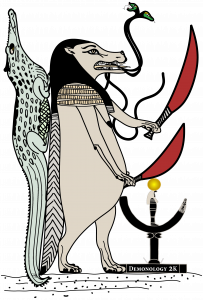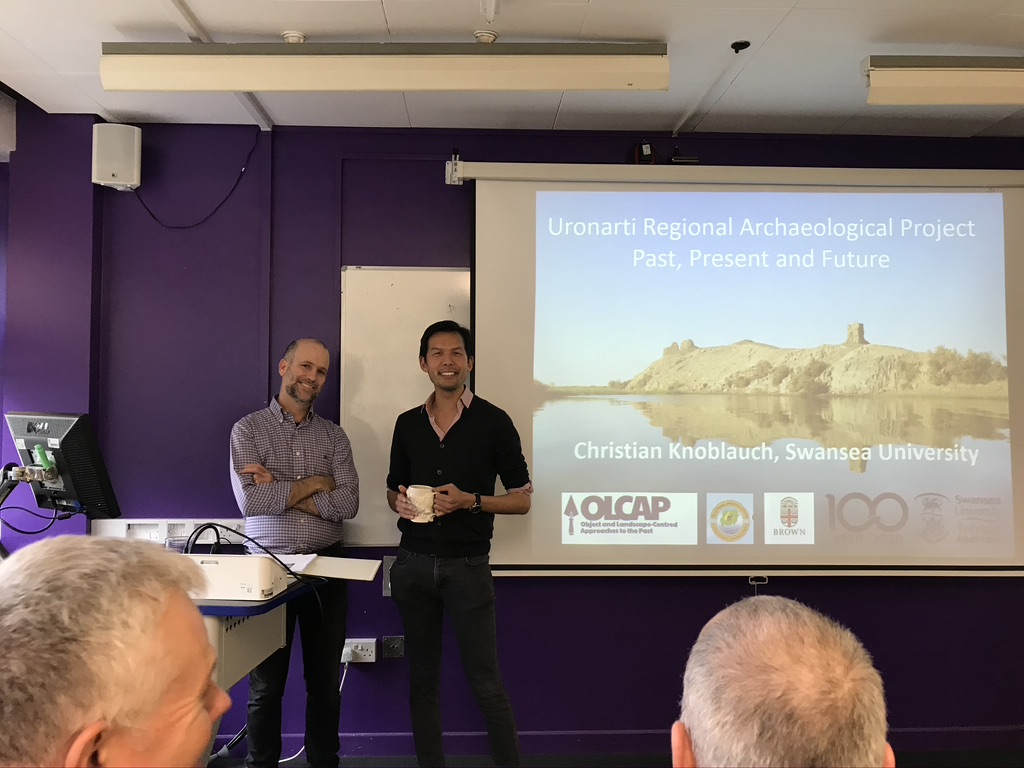Reading Listicles §3: Read like an Egyptian – Ian Goh
Last week I said I’d have some reading tips for you budding Egyptologists. This is actually a difficult task, not only because I’m not an expert on ancient Egypt myself, but also because ‘ancient Egyptian civilisation’ stretches back as distant from the time of, say, the ancient Athenians themselves as they are from us.
I am receiving loud and clear warnings: treat TV documentaries, while they might be enthralling, with caution. Our in-house museum, the Egypt Centre, has online jigsaws that can boast greater accuracy. We encourage you to volunteer there when you arrive in Swansea!
My colleague Dr Kasia Szpakowska (check her video about her research here for how to pronounce her name) recommends three good general books:
S. Ikram’s Ancient Egypt: An Introduction.
K.A. Bard’s Introduction to the Archaeology of Ancient Egypt.
B.J. Kemp’s Ancient Egypt: Anatomy of a Civilisation.
Dr Szpakowska is an expert on ancient Egyptian religion, and she has run the Demonology project, which has a database of these so-called ‘liminal entities’. She recommends also the Very Short Introduction to Egyptian Myth by Geraldine Pinch: not the first time we’ve encountered this series.
Lucy Allmark, a student going into her third year and an active member of the Egyptological Society, tells me that there are two good overviews of each main Egyptian deity which might come in handy:
The Complete Gods and Goddesses of Ancient Egypt, by R.H. Wilkinson
The Routledge Dictionary of Egyptian Gods and Goddesses, by G. Hart (online, it seems, here)

© 2016 Ancient Egyptian Demonology Project: 2K, Swansea University is licensed under a Creative Commons Attribution-ShareAlike 4.0 International License.
Another of our Egyptologists, Dr Troy Sagrillo (see his research video here), teaches the ancient Egyptian language. You’ll receive a thorough training in, among other things, how to write hieroglyphs; the best preparation (so you aren’t confused beforehand) might actually be to refamiliarise yourself with the workings of English grammar, with a book like The English Grammar Workbook for Adults (here’s a link to Amazon) or Grammar for Grown-ups (Amazon again). There are others.
Our third Egyptologist, Dr Christian Knoblauch, excavates at Uronarti, in the Sudan: his blogpost on his work is here. He co-directs one of our research groups (as outlined there): OLCAP, ‘Object and Landscape-Centred Approaches to the Past’. See the group’s official page here, and watch a retrospective of the group’s past year of activities here. You too can get involved, as you will see from student testimonials there!
Egypt is encompassed in other parts of our teaching: Dr Stephen Harrison is an expert on Alexander, who was buried in the city named after him, Alexandria; I myself have worked on Hellenistic literature written in that same city. A book I like to recommend about the difficulties of the survival of ancient texts is Peter Parson’s City of the Sharp-nosed Fish: the Oxyrhynchus papyri it discusses are owned by the Egypt Exploration Society, whose president Alan Lloyd is a retired professor from our department. It’s been in the news recently ….
Tomorrow, some reading matter about Roman history!

